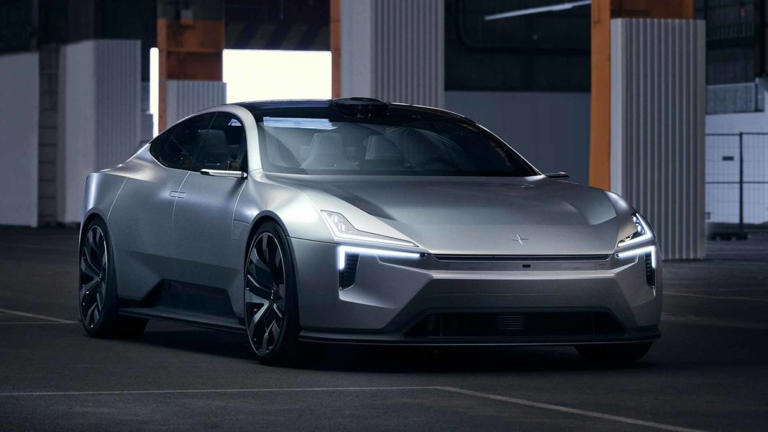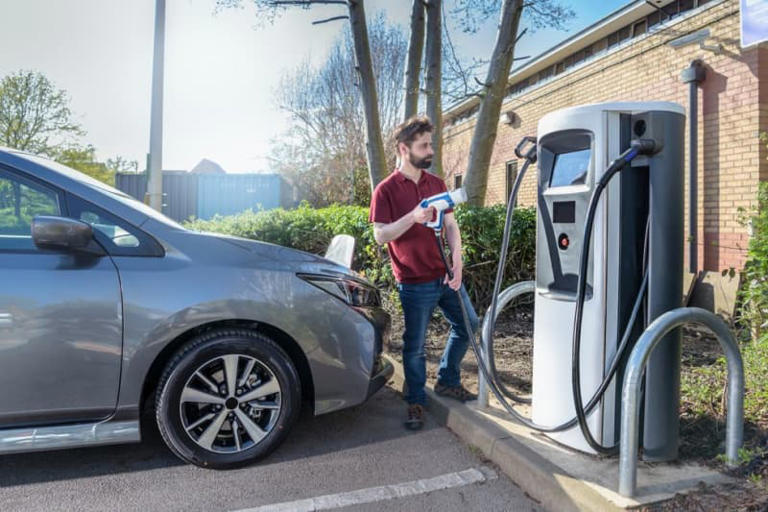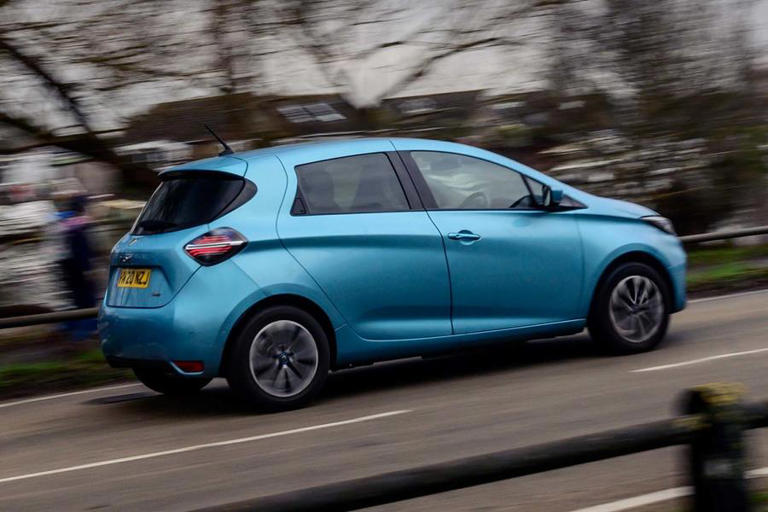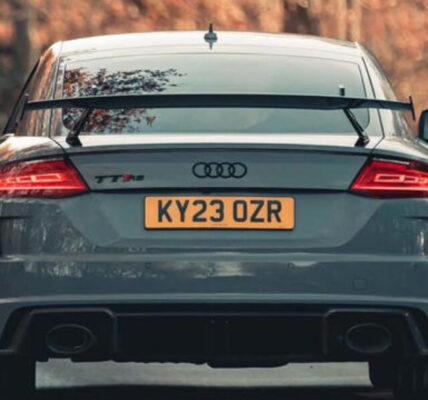Electric Vehicle Adoption: Learn about the challenges hindering the transition to electric cars and the insights shared by Polestar’s CEO, Thomas Ingenlath, on the slow adoption of EVs.

Electric Vehicle Adoption: Overcoming Challenges in the Shift to Electric Cars
The transition to electric vehicles (EVs) promises a sustainable future for transportation. However, various challenges hinder the widespread adoption of electric cars. In this blog post, we delve into the insights shared by Thomas Ingenlath, CEO of Polestar, regarding the slow adoption of EVs and the obstacles the industry faces.
Understanding the Hesitancy: Fear of Change
Thomas Ingenlath highlights a significant barrier to electric vehicle adoption: the fear of change among drivers. Many people hesitate to embrace new technologies and innovations, viewing them with skepticism. As a result, they may resist transitioning from traditional combustion engine vehicles to electric ones. Ingenlath emphasizes the importance of being open to innovation and future technology for a sustainable automotive industry.
The Role of Companies Like Polestar
Polestar, often dubbed ‘Europe’s Tesla,’ has been at the forefront of electric vehicle development. Founded by Volvo in collaboration with Chinese automaker Geely, Polestar aims to revolutionize the automotive market with its electric propulsion technology. However, recent challenges, including Volvo’s decision to reduce its stake in Polestar, highlight the complexities of the EV industry.
The Trap of Delaying Electrification Plans
Ingenlath warns against the trap of delaying electrification plans. Companies that hesitate to invest in future innovations, such as electric drivetrains and advanced battery technology, risk falling behind competitors. Ingenlath stresses the importance of embracing these advancements to remain competitive in the evolving automotive landscape.

Challenges in the EV Rollout
Despite the potential benefits of electric vehicles, several challenges hinder their widespread adoption. High prices, limited availability of charging infrastructure, and consumer hesitancy pose significant barriers to EV adoption. In the UK, the Office for Budget Responsibility (OBR) has slashed its forecast for EV sales due to factors such as higher interest rates and soaring prices.
Industry Concerns and Delays
Leading car manufacturers, including Mercedes and Aston Martin, have voiced concerns about consumer willingness to switch to electric vehicles. Aston Martin’s decision to delay the launch of its first electric car until 2026 reflects industry-wide apprehensions about the transition to electric propulsion. Rising prices further complicate the transition, making it imperative for companies to address consumer concerns and market realities.
 The Path Forward: Embracing Electric Propulsion
The Path Forward: Embracing Electric Propulsion
Despite the challenges, companies like Polestar remain committed to advancing electric propulsion technology. Ingenlath believes that electric propulsion offers superior performance and efficiency compared to traditional combustion engines. By focusing on developing compelling electric products, companies can drive innovation and accelerate the adoption of EVs.
Conclusion
The transition to electric vehicles represents a paradigm shift in the automotive industry. While challenges persist, including consumer hesitancy and infrastructure limitations, companies like Polestar are leading the charge towards a sustainable future. By embracing innovation and addressing consumer concerns, the automotive industry can overcome obstacles and usher in a new era of electric mobility.
In conclusion, Electric Vehicle Adoption faces challenges, but with innovation and consumer education, the future of transportation looks electrifying.



